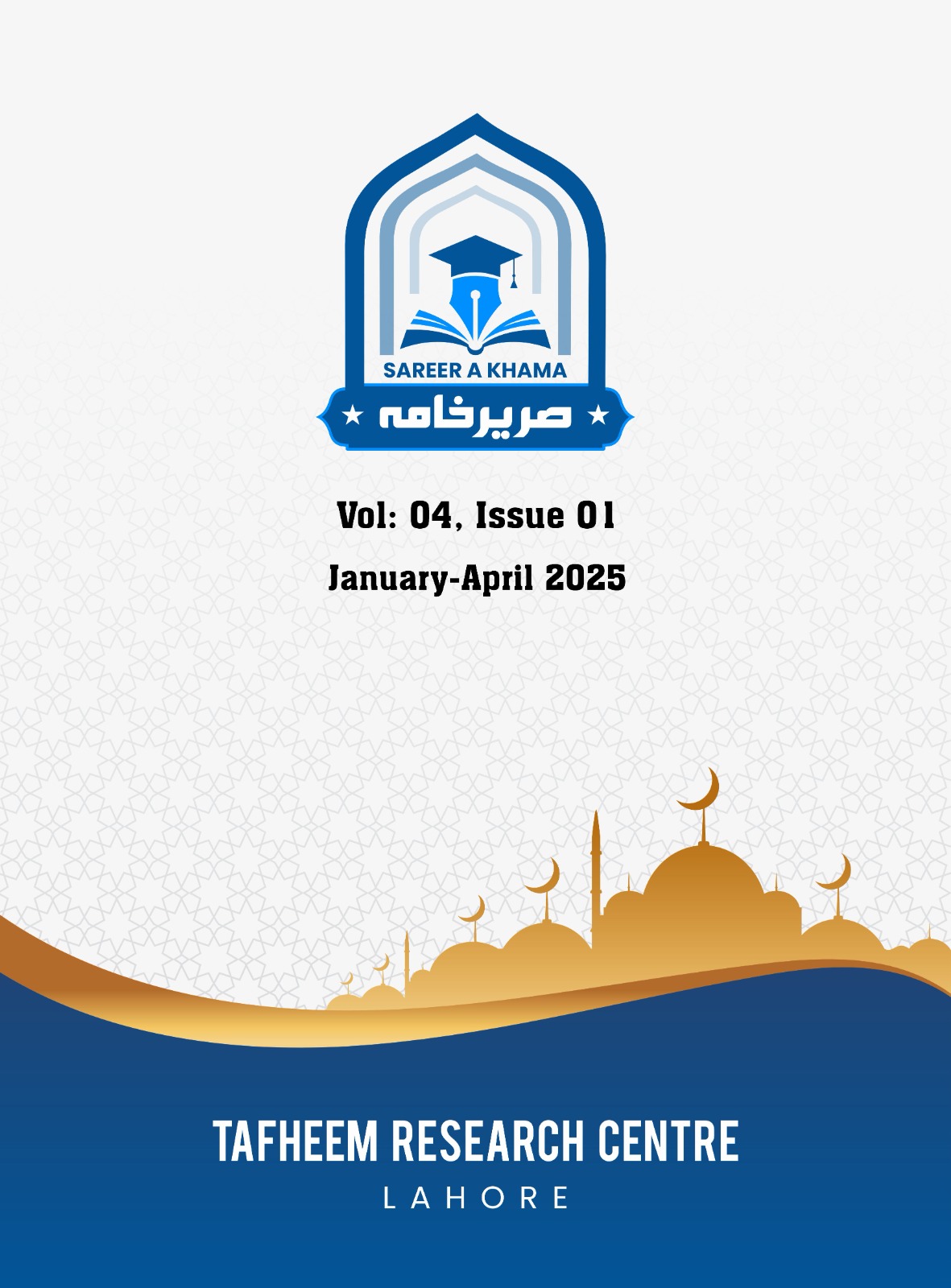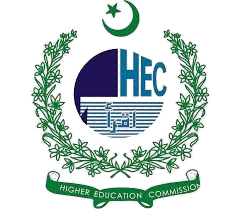The Contribution of Muslim Economists in the Development of Modern Economics: A Chronological Perspective
Keywords:
Muslim economists, Contributions, Economic Thought, Policies, Islamic Economics, Social Welfare, Consumer Protection In IslamAbstract
The contributions of Muslim economists to the development of modern economic theories and practices are profound yet often overlooked in contemporary economic discourse. This paper explores the contributions of ten notable Muslim economists from different periods of Islamic history, each of whom played a pivotal role in shaping the economic thought and policies of their time. These scholars, ranging from the early Islamic period to the contemporary era, laid the foundations for various economic principles that resonate even today, such as the prohibition of interest (riba), the concept of fair trade, the importance of wealth distribution, and the regulation of markets. From Imam Abu Yousuf and Abu Hasan Shibani to modern-day scholars like Maulana Maududi and Mufti Taqi Usmani, this research examines their distinct economic ideas, which have contributed to shaping the ethical framework and social welfare approach of Islamic economics. Their works, such as Abu Yousuf’s "Kitab al-Kharaj," Al-Mawardi’s "Ahkam al-Sultaniyya," and Ibn Khaldun’s "Muqaddimah," provide valuable insights into taxation, state finance, labor markets, and economic policies. This paper not only highlights the unique contributions of these scholars but also traces the chronological development of Islamic economic thought, showing how their ideas have influenced and can continue to influence contemporary economic practices. In particular, it focuses on their role in promoting socio-economic justice, equitable wealth distribution, and sustainable economic policies. The findings of this research underscore the relevance of integrating traditional Islamic economic principles with modern economic systems, offering a holistic approach to addressing current economic challenges.






